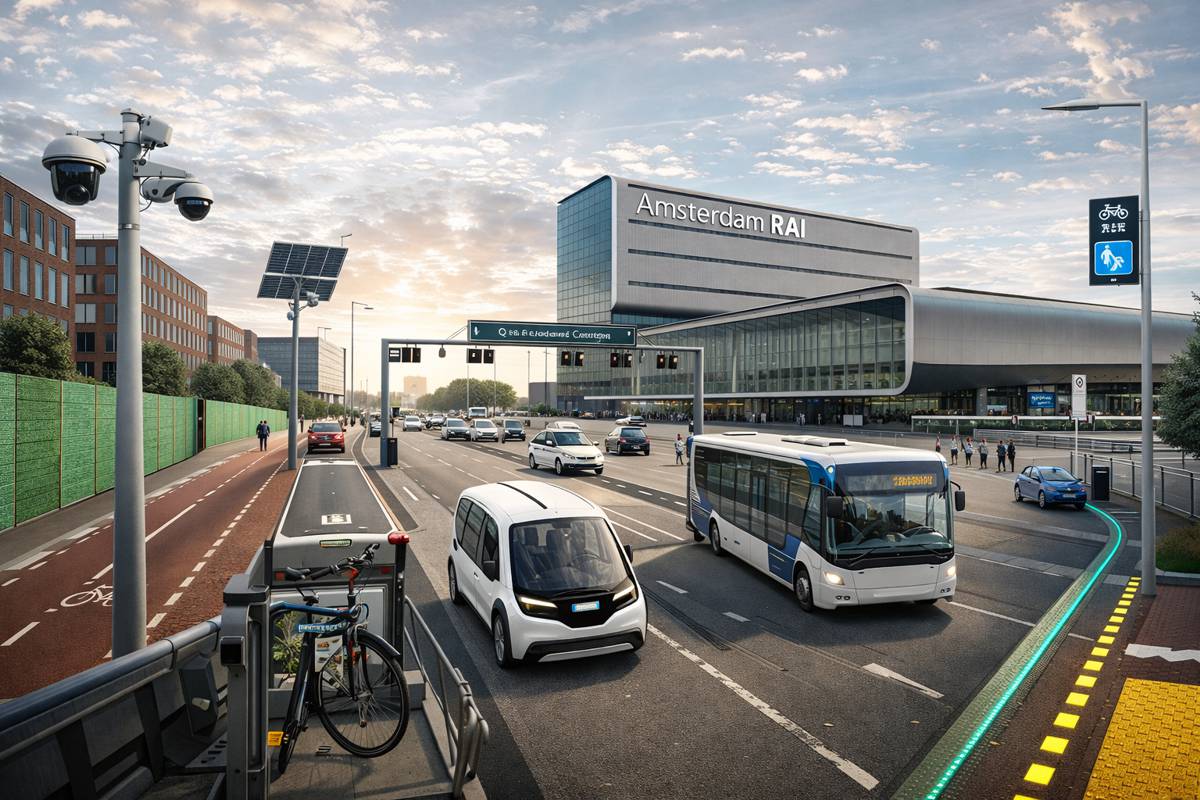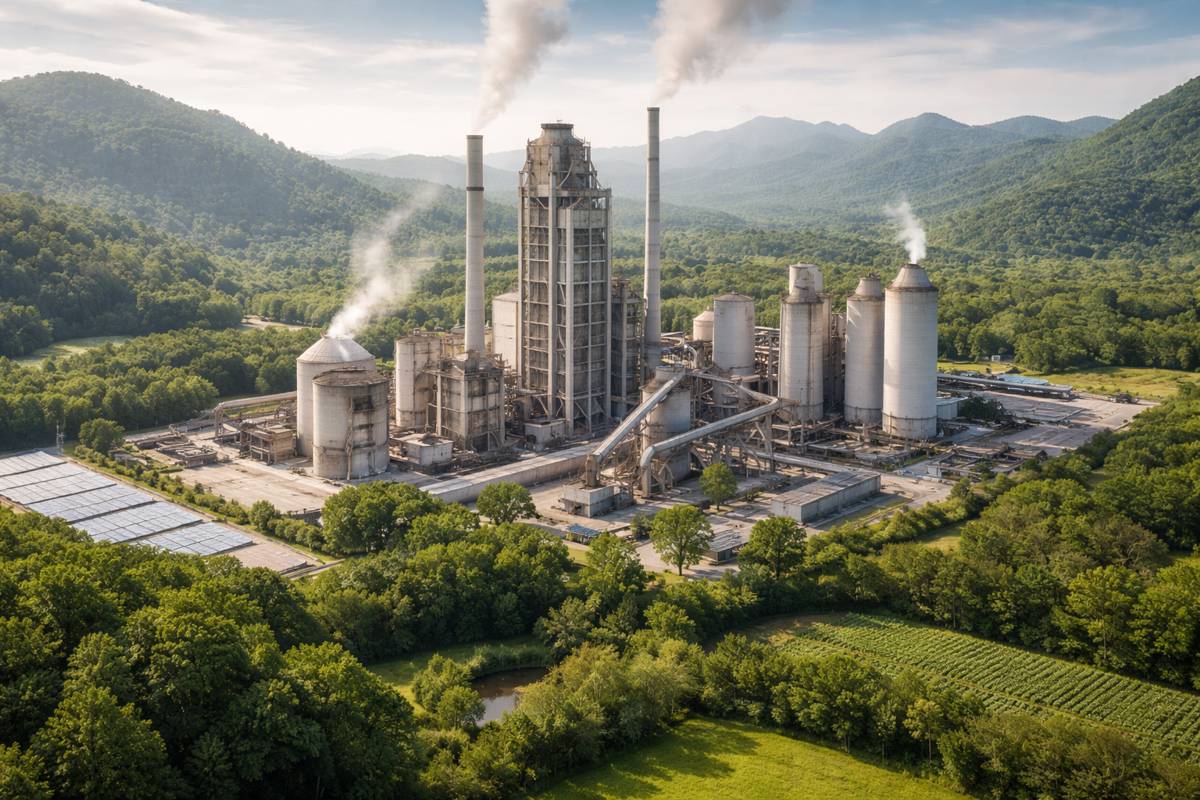Honeywell and Sacyr to build innovative Plastics Recycling Plant in Andalucía
Honeywell today announced the commercialization of UpCycle process technology, a revolutionary process that expands the types of plastics that can be recycled and can produce feedstock used to make recycled plastics with a lower carbon footprint.
This new technology can reduce the need for fossil fuels in the creation of virgin plastics, with the goal of enabling a circular economy for plastics.
Honeywell’s new UpCycle Process Technology can result in a 57% reduction of CO² – equivalent (CO2e) emissions compared with the production of the same amount of virgin plastic from fossil feeds. UpCycle also reduces CO²e emissions by 77% compared with conventional modes of handling waste plastic, such as incineration and landfilling. These CO²e reductions are some of the largest improvements among all pyrolysis technology offerings.
Sacyr will be the first company to deploy Honeywell’s proprietary UpCycle Process Technology throughout the entire plastic waste management value chain Honeywell and Sacyr have formed a joint venture where the two companies will co-own and operate a facility in Andalucía, Spain with a capacity to transform 30,000 metric tons per year of mixed waste plastics into Honeywell Recycled Polymer Feedstock.
Production is expected to begin in 2023.
Partnering with companies that have waste management experience such as Sacyr allows Honeywell to close the loop within the plastics supply chain by bringing the recycling technology onsite to the collection source.
The recycling plants with UpCycle Process Technology employ a modular design, enabling straightforward deployment and installation, striking the right balance between economy of scale and amount of waste plastic generated locally.
UpCycle: more plastics recycled
UpCycle process technology expands the types of plastics that can be recycled to include waste plastic that would otherwise go unrecycled, including coloured, flexible, multi-layered packaging and polystyrene.
According to a study published by AMI International in September 2020, waste plastics processed through advanced recycling technologies, such as UpCycle Process Technology, could amount to between 5 and 15 million tons of additional plastic waste being recycled per year by 2030.
Honeywell’s UpCycle Process Technology utilizes industry-leading molecular conversion, pyrolysis, and contaminants management technology to convert waste plastic back to Honeywell Recycled Polymer Feedstock, which is then used to create new plastics.
“Our partnership with Honeywell will enable Sacyr to bring sustainable, circular solutions to market,” said Domingo Jiménez, Manager of Sacyr Circular. “The speed with which we can start up plants and the global viability of this solution has the potential to greatly accelerate the impact we can have on the communities we serve, the environment, and society as a whole.”
“Plastics play an important role in our society, including expanding the shelf life of food and making vehicles lighter, which reduces their emissions. Unfortunately, only a fraction of plastics today can be successfully recycled,” said Vimal Kapur, president and chief executive officer of Honeywell Performance Materials and Technologies. “Honeywell’s UpCycle process helps fix this problem.
By broadening the types of plastic that can be recycled, UpCycle will revolutionize the plastics economy and play a critical role in improving the sustainability of many of the products we use on a daily basis.”
Last-generation technology
Honeywell’s UpCycle Process Technology was created within Honeywell’s Sustainable Technology Solutions (STS) group, which is part of Honeywell UOP. This latest technology builds upon Honeywell’s focus to deliver high impact, environmentally sustainable solutions for customers and society.
Honeywell has a long legacy of sustainability-related innovation, including Solstice®, a new generation of low-global-warming-potential hydrofluoroolefin (HFO) refrigerants,
aerosols, solvents and blowing agents that can reduce the greenhouse gas emissions impact of current offerings on the market by more than 99 percent.
The company also pioneered Ecofining™, a process that converts non-edible natural oils, animal fats and other waste feedstocks to Honeywell Green Diesel™, which is chemically identical to petroleum-based diesel.
Honeywell recently committed to achieve carbon neutrality in its operations and facilities by 2035.
This commitment builds on the company’s track record of sharply reducing the greenhouse gas intensity of its operations and facilities as well as its decades-long history of innovation to help its customers meet their environmental and social goals. About half of Honeywell’s new product introduction research and development investment is directed toward products that improve environmental and social outcomes for customers.





























